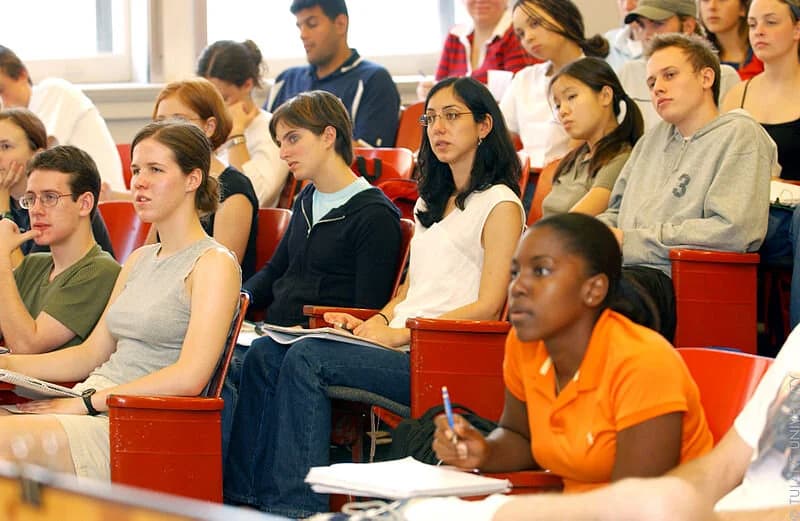88% of College Students Report Pretending 'Woke Views' for Social or Academic Success, Surveys Indicate Widespread Self-Censorship

Recent findings suggest a pervasive culture of self-censorship among college students, with a significant majority reportedly feigning progressive viewpoints to navigate their academic and social environments. A survey highlighted by author Wesley Yang indicates that "88 percent of college students have pretended to hold woke views to succeed socially or academically." This practice, described as "mandated fakery" and "mindless loyalty tests," is raising concerns about the "psychic injuries" inflicted and the potential for crippling "moral and intellectual integrity" within a generation of future leaders.
This striking statistic is supported by a survey from Steve Stewart-Williams, which directly asked students if they had ever pretended to hold more progressive views than they truly endorsed for social or academic success, with 88% responding affirmatively. The survey further revealed that 78% of students self-censor on beliefs regarding gender identity, 72% on politics, and over 80% have submitted classwork misrepresenting their true views to align with professors' expectations. Such widespread self-censorship extends beyond students, with a 2024 FIRE Faculty Survey reporting that one in four faculty members self-censor in professional contexts.
The motivations behind this self-censorship stem from a complex interplay of social and academic pressures. Students and faculty alike express concerns about potential negative reactions from peers, administrators, or even career repercussions. Research published in Discover Psychology highlights that students who perceive academic discrimination are more likely to self-censor, a relationship particularly strong among Republican students who often view themselves as political minorities in academia. This fear can lead to a reluctance to engage in open discussions and a feeling of being unable to express genuine opinions.
Experts suggest that this climate of perceived hostility and the pressure to conform can have detrimental effects on the academic environment. It risks stifling open inquiry, limiting viewpoint diversity, and undermining the pursuit of knowledge. The Foundation for Individual Rights and Expression (FIRE) notes that such self-censorship, whether driven by administrators, peers, or politicians, ultimately "is detrimental to the quality of American education."
The issue has ignited a broader debate within higher education regarding free speech and academic freedom. While some studies explore whether this phenomenon is primarily student-driven, faculty-driven, or administrator-driven, the consensus is that it is a multifaceted problem. Addressing this widespread self-censorship is crucial for fostering a robust intellectual environment where diverse ideas can be openly debated and challenged without fear of reprisal.